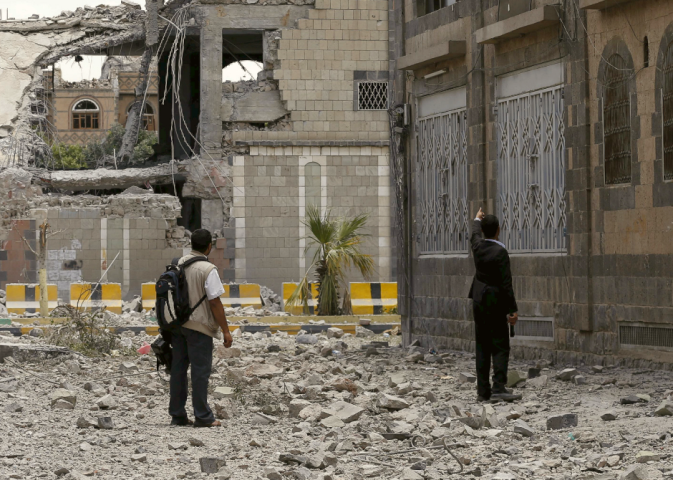The United Nations Special Envoy for Syria, Geir Pedersen, made a fervent plea to the international community on Tuesday, urging for immediate de-escalation of the volatile situation across the Middle East. He emphasized the detrimental impact of the ongoing conflicts on Syrian civilians, highlighting the compounding effect of the regional tensions.
Pedersen addressed the UN Security Council, outlining his grave concerns about the potential for further escalation in Syria, fueled by the ongoing clashes in the region. He specifically mentioned the recent Israeli airstrikes on Damascus airport, which temporarily disrupted the vital UN Humanitarian Air Service. These disruptions, he stressed, directly hinder the delivery of life-saving aid to vulnerable populations within Syria.
The UN envoy painted a grim picture of the dire humanitarian situation in Syria, where millions continue to grapple with the devastating consequences of the long-running civil war. He underscored the urgency of de-escalation to alleviate the suffering of ordinary Syrians and create a conducive environment for advancing the UN-facilitated political process aimed at finding a lasting solution to the conflict.
Pedersen's call for de-escalation resonated with several members of the Security Council who expressed their deep concern about the escalating tensions in the region. They condemned the ongoing attacks on civilians and called for all parties involved to uphold their obligations under international law, particularly regarding the protection of civilians.
However, achieving a unified stance within the Security Council remains a significant challenge, as several member states hold differing perspectives on the root causes of the conflict and the most effective pathway towards a resolution. This lack of consensus often hinders the Council's ability to take concrete action to address the crisis in Syria.
Despite the complex geopolitical landscape, the UN envoy remains steadfast in his commitment to facilitating a peaceful resolution to the Syrian conflict. He continues to engage with all relevant stakeholders, urging them to prioritize diplomacy and dialogue over further violence.
The international community is now watching with cautious optimism, hoping that Pedersen's pleas for de-escalation will be heeded by all parties involved in the Middle East conflicts. The future stability and well-being of millions of civilians across the region depend on a collective commitment to peaceful solutions and the prioritization of dialogue over violence.

